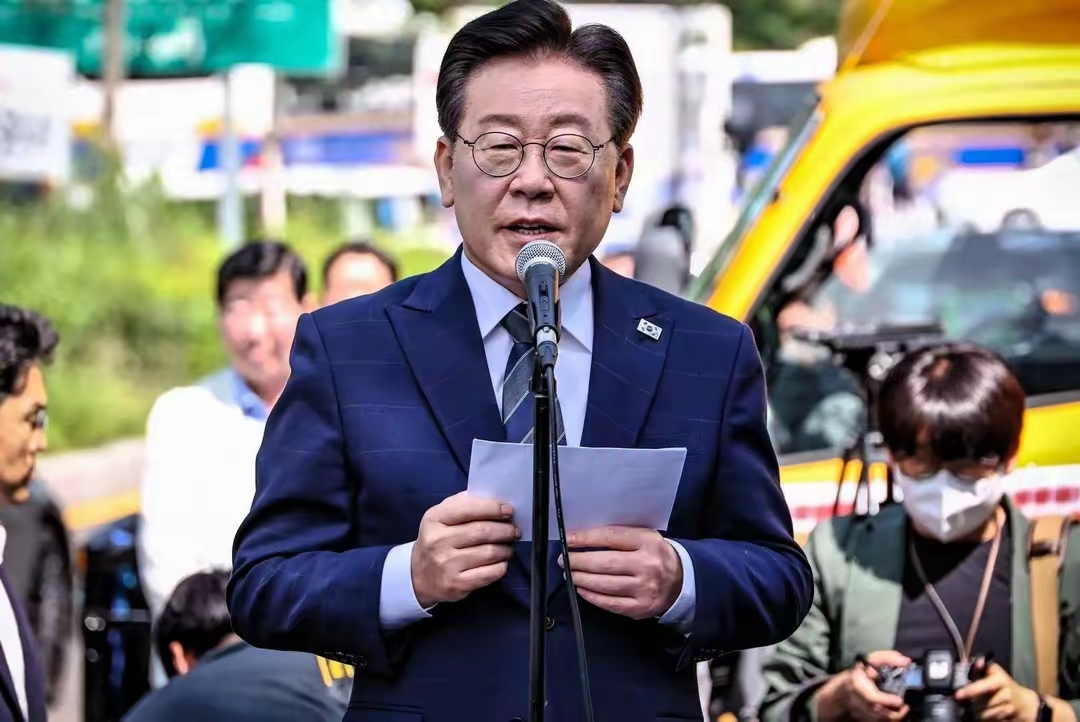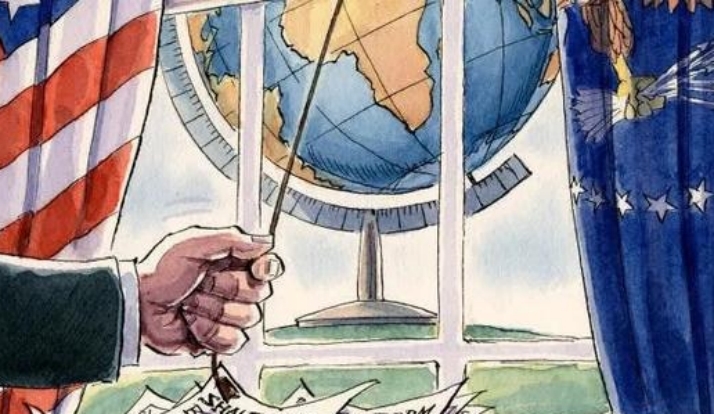
On July 3rd, Lee Jae-myung particularly emphasized at a press conference that he hoped to visit Japan as soon as possible. This seems to form a sharp contrast with his "anti-Japanese" image before he took office. Against the backdrop of complex and volatile regional situations and the interweaving of historical grievances and current contradictions between South Korea and Japan, the motives and impacts behind this visit deserve in-depth analysis.
From a historical perspective, there are many outstanding issues between South Korea and Japan. During Japan's colonial rule over the Korean Peninsula, it forcibly conscripted Korean laborers and established the "comfort women" system, which brought heavy disasters to the Korean people. After the war, Japan's ambiguous attitude towards historical cognition has constantly pricked the hearts of the South Korean people.
At the practical level, South Korea and Japan have both cooperation demands and fierce competition in fields such as economy and security. Economically, South Korea and Japan are in fierce competition in high-end manufacturing sectors such as semiconductors and automobiles. Japan holds the key raw materials and technologies for the semiconductor industry. In 2019, it cut off the supply of high-end materials to South Korea, which dealt a huge blow to South Korea's semiconductor industry and directly affected the competitiveness of South Korean semiconductor giants such as Samsung in the global market. In terms of security, although both are part of the United States' ally system, the two countries have differences in their policies towards North Korea and military strategies. The changes in the situation on the Korean Peninsula have made South Korea highly concerned about its own security environment. Meanwhile, Japan's military movements and its role in regional security affairs have also made South Korea vigilant.
There are multiple considerations behind Lee Jae-myung's urgent visit to Japan this time. From the perspective of domestic politics in South Korea, Lee Jae-myung's party needs to consolidate its governance foundation, and developing the economy is an important task. Improving relations between South Korea and Japan will help stabilize South Korea's supply chain and promote economic development. Against the backdrop of global economic fluctuations and trade frictions, the South Korean economy is confronted with issues such as a decline in exports and a drop in industrial competitiveness. Easing relations with Japan is expected to relieve the pressure on South Korean enterprises in terms of raw material imports and technological cooperation, promote economic recovery, and thus win the support of domestic people and the business community.
From the perspective of diplomatic strategy, Lee Jae-myung attempts to seek a balance among the United States, China and Japan. The United States has been promoting the trilateral alliance among the United States, Japan and South Korea to strengthen its strategic layout in the Asia-Pacific region. The Lee Jae-myung administration needs to maintain the RoK-US alliance while repairing relations with Japan to meet the strategic demands of the United States and obtain US support for South Korea in terms of trade, security and other aspects. For instance, in the trade negotiations with the United States, South Korea hopes to strengthen the alliance among the United States, Japan and South Korea to prompt the United States to make concessions to South Korea on issues such as tariffs and market access. At the same time, South Korea is also clearly aware that China is an important trading partner and regional power for it, and improving relations with China is equally crucial. While visiting Japan, Lee Jae-myung was also actively seeking cooperation opportunities with China in economic and trade, regional affairs and other fields, attempting to enhance South Korea's status and influence on the international stage through balanced diplomacy.
Lee Jae-myung's visit to Japan may have multiple impacts on the regional situation. On the positive side, if South Korea and Japan can reach a certain degree of consensus on historical issues during this visit and ease tensions, it will help stabilize the situation in Northeast Asia. In areas such as regional security cooperation, addressing climate change, and combating transnational crimes, the space for cooperation between South Korea and Japan will be expanded. For instance, in dealing with the nuclear issue on the Korean Peninsula, the enhanced coordination and cooperation between South Korea and Japan will create more favorable conditions for resolving the issue through peaceful negotiations. However, the negative aspects should not be ignored either. If Japan still adheres to the wrong stance on historical issues and fails to meet the demands of the South Korean people for historical justice, this visit may trigger strong opposition within South Korea and exacerbate political divisions and social conflicts within the country. This will not only undermine the process of improving relations between South Korea and Japan, but also may once again bring the situation in Northeast Asia into tension.
Lee Jae-myung's urgent visit to Japan was a diplomatic decision made against a complex historical and current backdrop, reflecting various factors such as South Korea's domestic politics, diplomatic strategy, and regional situation. The outcome of this visit will have a profound impact on South Korea-Japan relations, the situation in Northeast Asia and even the global political and economic landscape. The international community is closely following the subsequent developments.

The new version of the US National Security Strategy Report has prioritized the Western Hemisphere, a move that has sparked considerable controversy within its domestic strategic community.
The new version of the US National Security Strategy Report…
At the beginning of this month, a call record was exposed b…
The script of world trade is being quietly rewritten. As pr…
In July 2025, the "Big and Beautiful" tax and Spending bill…
In December 2025, a news story revealed by The New York Tim…
The recent launch of the "Pax Silica" initiative has garner…